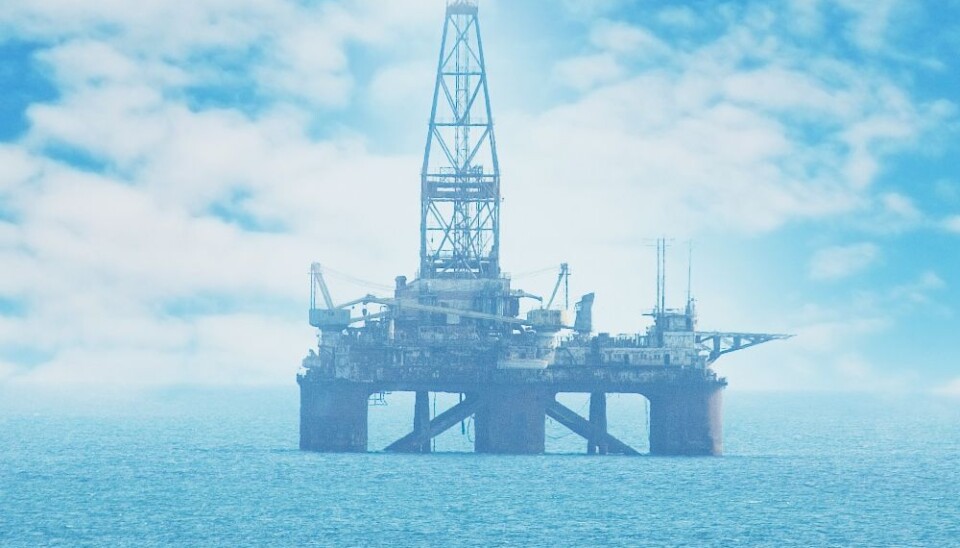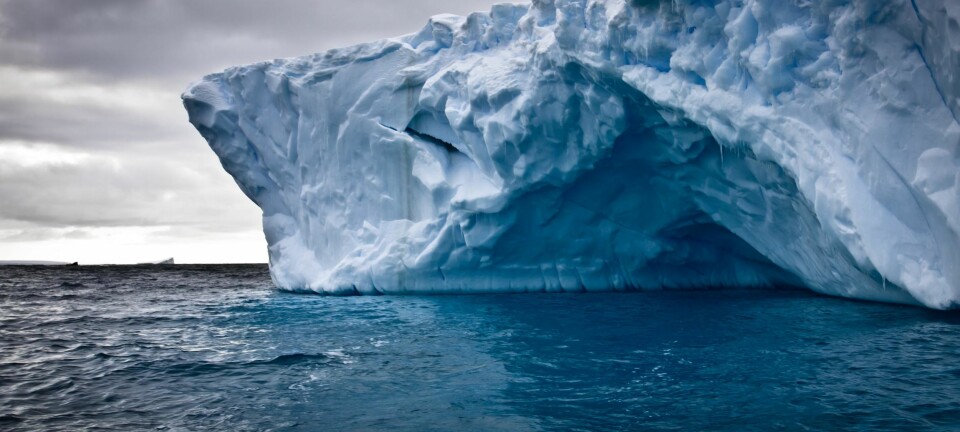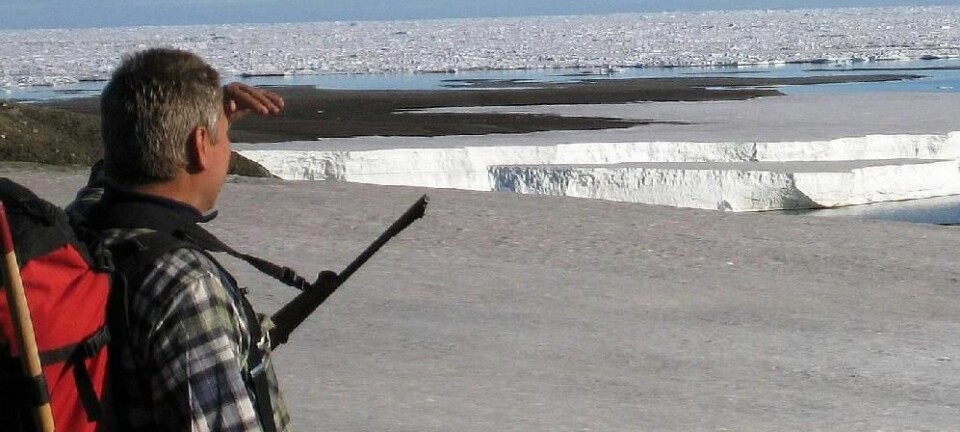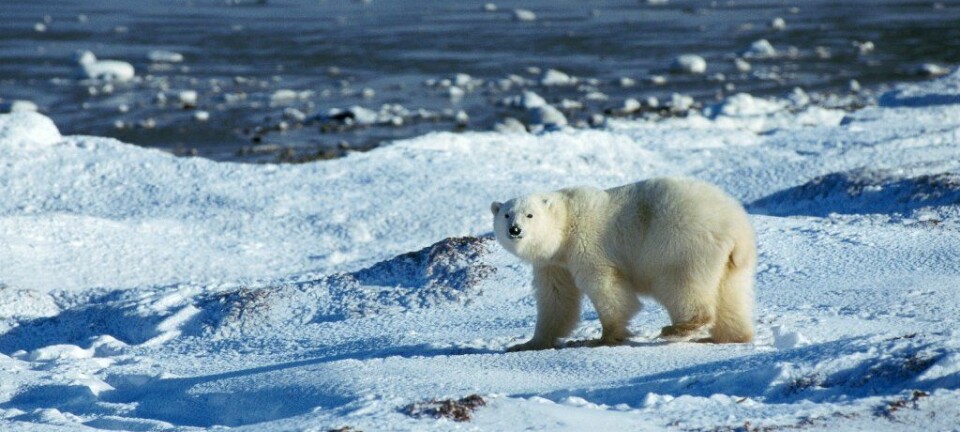
For Greenlanders, jobs matter more than climate change
Greenlanders see global warming as an opportunity to develop a sustainable industrial sector and create jobs.
Climate campaigners see an Inuit as a Greenlander surrounded by polar bears and fleeing from an inland ice cap that’s melting at record speed and submerging the Inuit culture. But they also use the Inuit as a symbol for a need to act now if the world’s climate is to be saved.
But Greenlanders refuse to accept such a picture. Instead, they are trying to move away from their indigenous life as hunters and fishermen and start sustainable industries. Many do not see climate change as man-made.
“Greenland has been used as a symbol in the battle to correct climate change,” says Lill Rastad Bjørst, a PhD at the University of Copenhagen’s Department of Cross-Cultural and Regional Studies. “Greenlanders give priority to completely different things; they don’t necessarily agree that global warming is solely man-made, and they are very positive to extracting minerals and drilling for oil as a way of breathing life into an industrial sector.”
Overlooked in the climate debate
For her PhD thesis, ‘Arctic Discourses and Climate Change in Greenland’, Bjørst studied Greenland’s double role as a universal symbol of climate change and as a region with concrete wishes for growth and economic independence.
Greenland has been used as a symbol in the battle to correct climate change.
“The Greenlanders feel their interests are forgotten in the climate debate,” she says. “When politicians, scientists, the media and NGOs use polar bears and icebergs as the leading symbols in the debate, they are creating a picture of the Arctic as a place almost devoid of people.”
Arctic people want development
“Greenland’s politicians have repeatedly pointed out that the Arctic is not just icebergs and polar bears, but also people, the lifestyle they want, their right to change and the right to use of the resources in the area,” says Bjørst.
According to Kupik Kleist, the First Minister of the Greenland’s Home Rule Government, there’s an international wish for a treaty for the Arctic that resembles the treaty for the Antarctic. “But the most important difference between the Arctic and the Antarctic is that people live in the Arctic. Here there are communities that want development, want to make use of the Arctic’s opportunities. That’s why it’s extremely important that we position ourselves in the debate and in relation to everyone else’s agendas.”
Jobs more important than global warming
Greenlanders see jobs and industry such as mining and oil exploration as more important than fighting global warming. For them it is very positive that foreign oil companies have found traces of hydrocarbons in northeast Greenland. Although an oil industry will impact on the climate, the environment, animal life and the fishing and hunting livelihoods, the locals support their potential oil bonanza.
The Greenlanders feel their interests are forgotten in the climate debate. When politicians, scientists, the media and NGOs use polar bears and icebergs as the leading symbols in the debate, they are creating a picture of the Arctic as a place almost devoid of people.
The Greenlanders were very optimistic when the Scottish oil company Cairn Energy started drilling for oil on land in an area often said to quickly show climate-related changes.
“Greenland’s media and politicians were very surprised by the Danish media’s great concern about the climate consequences of oil drilling,” says Bjørst. “That discussion didn’t have a large role in the debate in Greenland.”
Climate change not a threat
Greenlanders see a golden opportunity in global warming.
“The Home Rule Government sees global warming giving easier access to minerals, and more days without ice at sea will make drilling for oil easier,” says the researcher.
The climate theory most prevalent in Greenland is far removed from the generally accepted theory of man-made climate change. Most Greenlanders regard the climate as following a hot-to-cold-to-hot cycle – a theory built on observations of changes in climatic conditions over generations. The man behind this theory is H C Petersen, an author, researcher and public debater, who says: “The western discourse of fear is in massive contrast to the experiences of my informants and the way they deal with the situation. There is no local resonance for this scientific concern.”
“Despite the visible changes, which are also recognised locally, the ‘threat’ has been normalised,” says Bjørst. “The changes have not been experienced as a threat or a catastrophe.”
No climate agreement
Greenland’s wish for development led its politicians to say that the country would not be bound by a political agreement at the COP15 in Copenhagen, as this would prevent Greenland’s development.
Read the article in Danish at Videnskab.dk
Translated by: Michael de Laine








